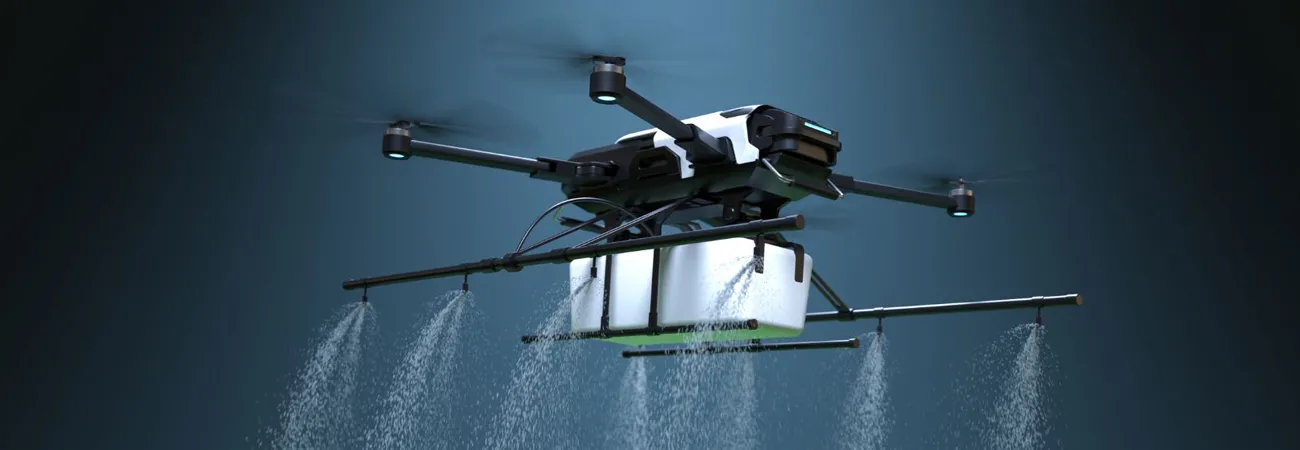i ECONOMY
Salinity poses a significant challenge in Pakistan, leading to various socio-economic issues, particularly impacting irrigated agriculture and causing food insecurity, reports WealthPK. Every year, 1.5 million hectares of land are lost to salinity. This issue may become a challenge in future, as it could exacerbate problems related to food security. “The impact of salinity on agriculture is multifaceted. High salt levels hinder plant growth, reduce soil fertility, and compromise the ability of crops to absorb the essential nutrients. As a result, the yields are significantly reduced, posing a direct threat to the livelihoods of millions of farmers who depend on agriculture for their income,” said M Hanif, a senior scientific officer at the National Agricultural Research Centre (NARC), while talking to WealthPK.
“A substantial portion of Pakistan is affected by salinity, given its semi-arid and arid region with a subtropical continental climate experiencing salinization. These lands have immense potential for crop cultivation, but their productivity is hampered by salinity,” Hanif highlighted. “If prompt measures are not taken, the outcomes can be disastrous. Pakistan, which is already grappling with challenges such as an increasing population and water scarcity, cannot afford to neglect the imminent crisis. The agricultural sector, which holds a pivotal position in economy, is in danger of facing severe setbacks, which will have widespread implications for both urban and rural communities,” he warned. To address this challenge, he stressed the need to adopt effective sustainable management practices.
“Use of modern irrigation techniques, like drip irrigation and sprinkler systems, can effectively reduce salt build-up by providing accurate water supply and minimizing evaporation. “Pakistan needs to focus on developing crop varieties that can survive in saline soils in order to reduce losses,” Dr. Hanif said. He emphasized the importance of conducting extensive research to minimize the negative effects of salinity on crops and to achieve more resilient outcomes in agriculture. Additionally, he said precision farming techniques, such as soil mapping and remote sensing, could be adopted by farmers to help them strategically apply inputs, optimize resource use, and efficiently manage saline areas.
Credit: Independent News Pakistan









